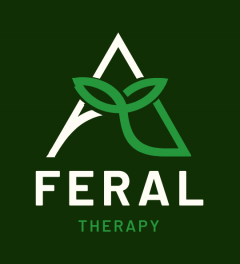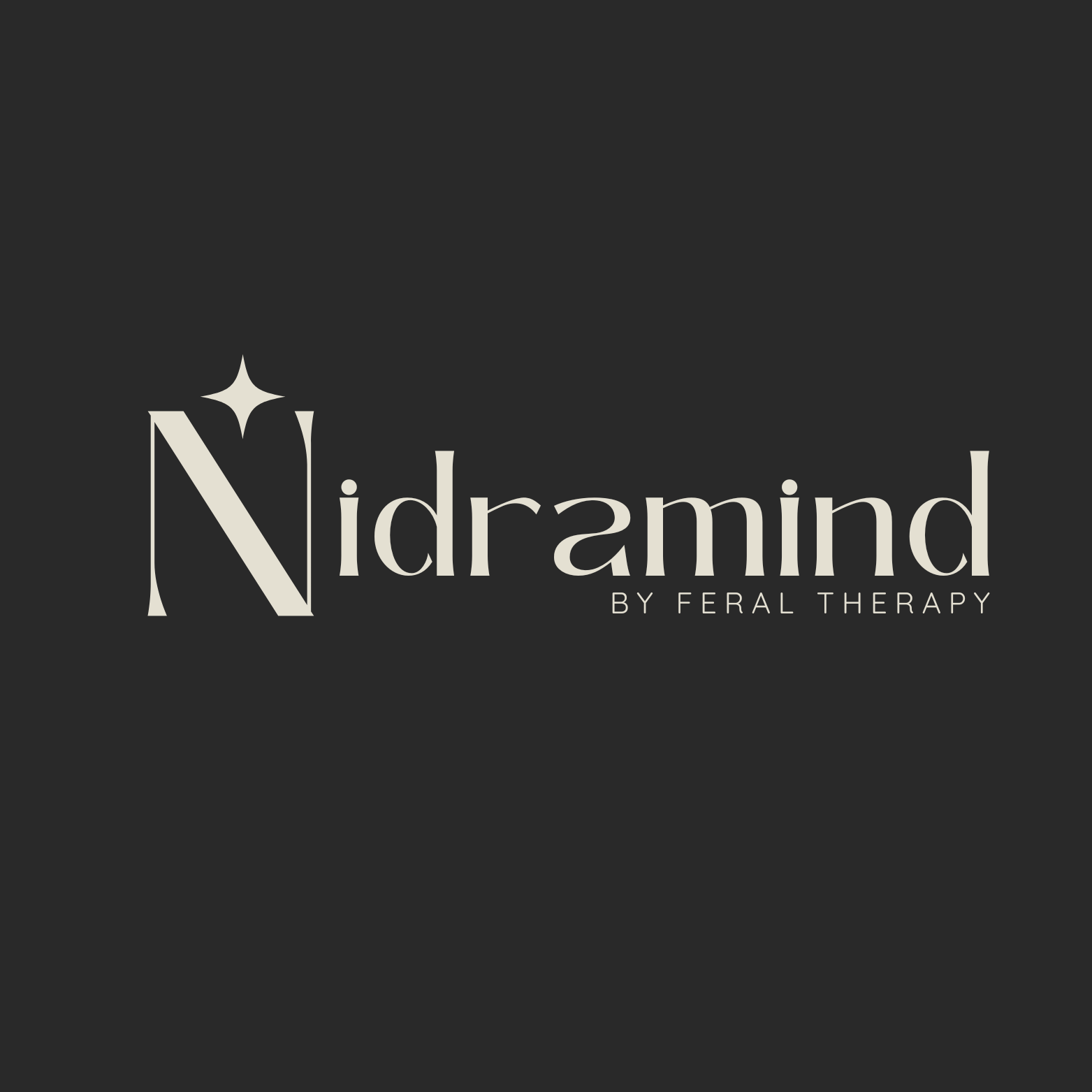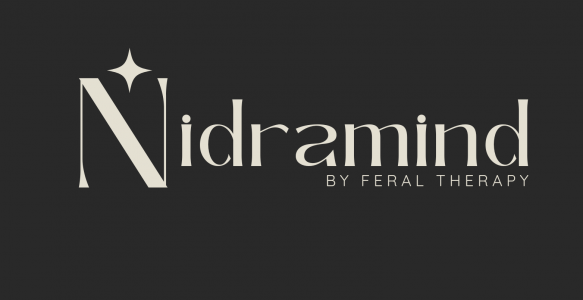
Yoga Nidra is a sedentary form of yoga in which movement is not involved. This is an approach which works with the mind to cultivate awareness, deep relaxation, and rest.
Unlike other forms of yoga, a teacher or session leader is required. Nidra uses only the sense of hearing, listening to a voice that gently guides you into a state of yogic sleep, also known as a hypnagogic state or state of waking consciousness.
Falling asleep is not the aim of Yoga Nidra! Although practising can aid those who suffer with insomnia and sleep problems, as well as suffering such as stress, anxiety, worry, or mental and physical discomfort.
Suitable for all, the deep mindful rest experienced in Nidra is a joy to experience.
The aim is to cultivate your awareness while remaining on the edge of sleep and wakefulness. Your body completely still and at peace, your mind aware but fully relaxed, as you are led deeper into this powerful medatative process.
This approach uses only one asana, Shavasana or ‘corpse pose’, and is practised with the eyes closed from beginning to end.
During a session, I will guide you through the 8 stages of Yoga Nidra:
- Preparation / internalisation
- Sankalpa or resolve
- Rotation of consciousness
- Breath awareness
- Feeling of opposites
- Visualisation
- Sankalpa or resolve
- Externalisation
Classes will soon be available online as downloads to use whenever you need to, and as an accredited course on a third party platform. Group live sessions will also be offered. Keep an eye out here or on social media for their release.
Class content will include the full 8 stages of Yoga Nidra, but also information about the practice, benefits, how to get the most from your personal practise, setting up your space, FAQs, and how to grow your practice of this wonderful yoga approach.
Course content will be aimed at those who wish to teach others. As well as the above, it will contain modules on the guiding process, how Nidra affects our brain waves, advanced practices, creating scripts and visualisations, answering common questions, and a deeperdive into the 8 stages.

FAQS
Q: Do I anything to practice?
A: A quiet space. If you intend to follow the session on the floor, a mat for comfort and blanket is recommended, as we relax your body temperature may drop a little. You may also want to bring a pillow/cushion to put under your head or knees when lying flat. If you prefer, you can lie on a bed or couch as long as you can comfortably lie in Shavasana (pictured above). Loose, comfortable clothing is also advisable.
Q: I have limited mobility, is the class suitable for me?
A: Absolutely! Whatever your level of mobility you will be able to fully engage with everything we do. There are no movements involved, and if you are unable to lie flat for a period of time, feel free to use cushions for comfort, or even sit in a comfortable chair.
Q: I’ve never done anything like this before, can I still join the class?
A: Yes! You will be guided all the way through, all approaches are slow and gentle, the main thing I want you to do is relax! Very little else is required. Nidra isn’t about being perfect either (there is no such thing!), it is about attention to this moment as it is and not judging it.
Q: What if I have questions about the sessions?
A: Feel free to contact me through social media, email hello@feraltherapy.co.uk, or via the contact form on the website.
Q: What if I fall asleep?
Q: This can happen, especially when new to the practice. I will continually remind you not to, but it can still happen. The main thing is not to worry! I recommend not practising Nidra when very tired or within 2 hours of a substantial meal as these things can make it more likely that we will fall asleep. As the sessions are pre-recorded (although I will be offering live sessions too in future), you will be able to revisit them again.
Q: I’d really like to learn even more about mindfulness.
A: Great, this is music to my ears! Mindfulness is a skill for life! I can run private sessions, recommend resources or, if there is enough interest, look at running a more structured class to teach principles and deeper practices, or an 8-week Mindfulness Based Stress Reduction (MBSR) course subject to interest. If you are interested, let me know.
Q: How often should / can I practice Yoga Nidra?
A: As often as you like and have time for!
Q: What qualifications and insurance do you have?
I hold the following qualifications that are relevant to this particular class:
- Meditation Teacher Diploma (distinction)
- Relaxation Therapy Diploma (distinction)
- Body Healing Coach Diploma (distinction)
- Breathwork Diploma (distinction)
- Mindfulness-Bases Stress Reduction (MBSR) Therapist Diploma (distinction)
- Yoga Nidra Teacher Training Certificate (Yoga Alliance Accredited)
- Yin Yoga Teacher Training Certificate (Yoga Alliance Accredited)
- And have completed 750 hours of CPD in this field over the last two years as required to retain my professional membership to the CMA
- I am a full practioner member of the Complementary Medical Association (CMA)
- My insurance, membership and other information can be found here
- Feral Therapy is a member of the Government’s Disability Confident Scheme and is committed to providing equal opportunities for all


